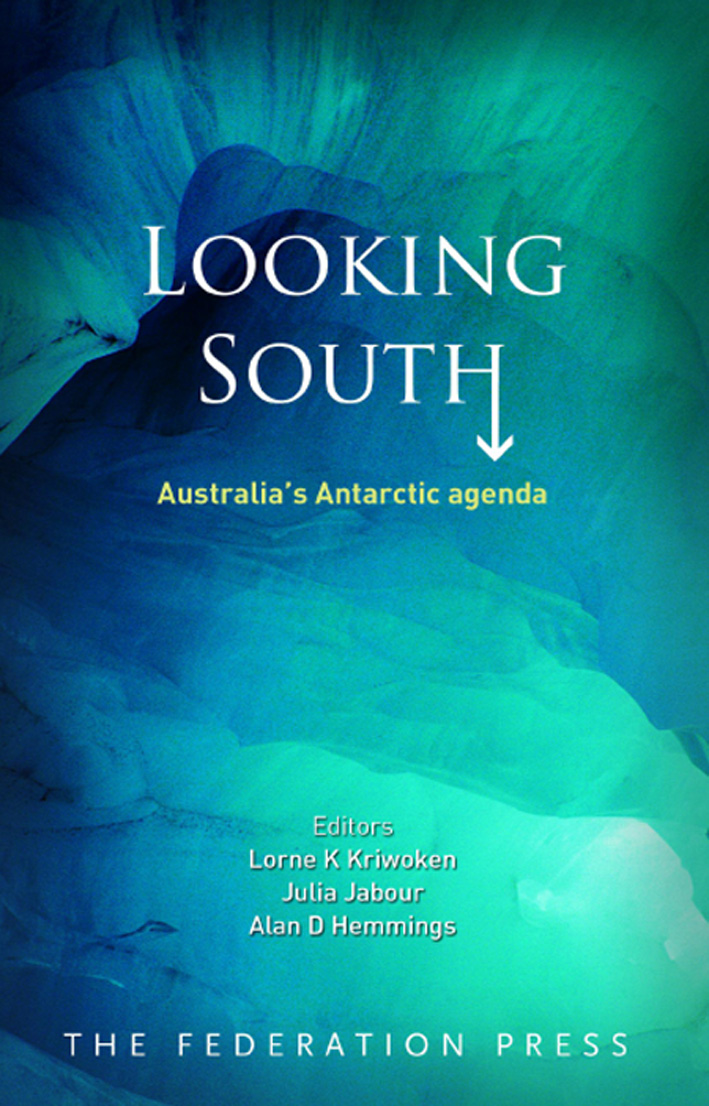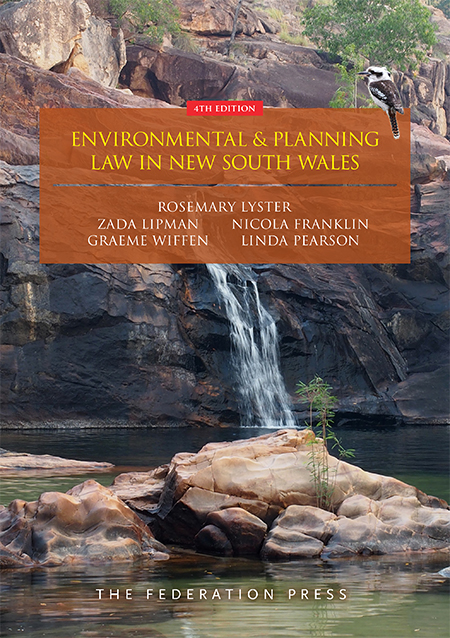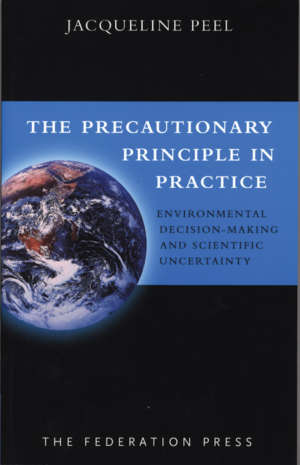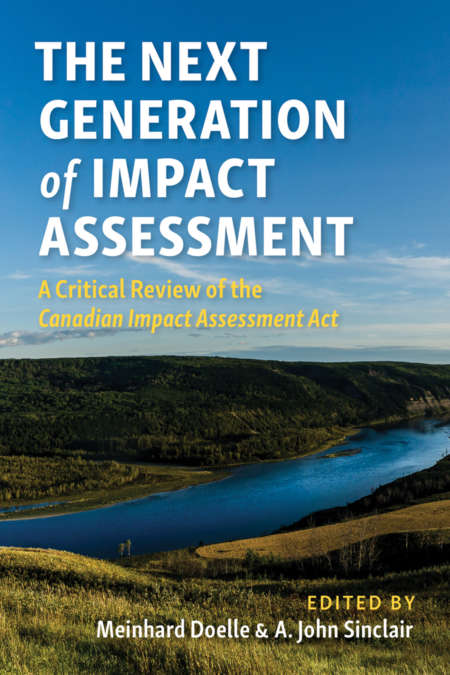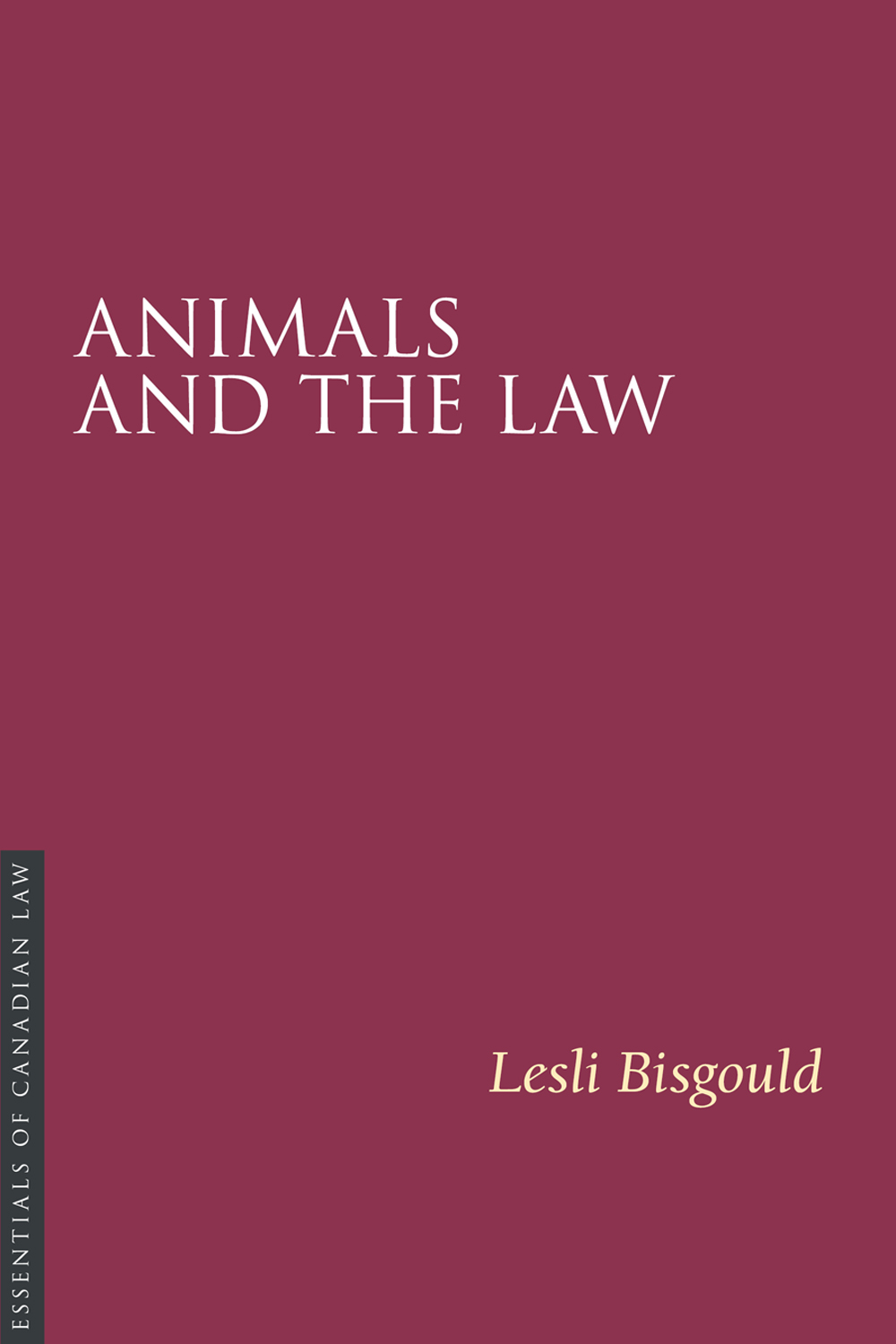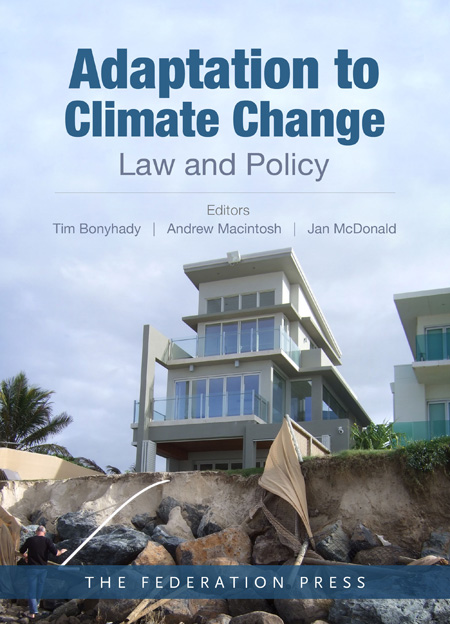Product Description
Australia has a long, rich and significant history in Antarctic affairs. Since 1933 Australia has asserted a claim to 42 per cent of the continent as the Australian Antarctic Territory. Australia was an original signatory to the 1959 Antarctic Treaty and has subsequently played an active role in international governance of Antarctica under the Antarctic Treaty System (ATS).
Almost half a century after the adoption of the Antarctic Treaty, and in the first decade of the 21st century, Antarctica is better known but is still not completely understood to science. It has been designated a natural reserve devoted to peace and science and whilst some matters, such as mining, have been put on hold, other issues present both continuing and new challenges. These challenges include the implications for Antarctica of global climate change, and indeed the continent’s role in the generation of the world’s weather; the environmental, political and ethical implications of increasing human activity in the region; and the goals of maintaining or developing the most appropriate governance mechanisms given the complex legal circumstances.
There had been no contemporary analysis of Australia’s involvement in Antarctic matters until 1984 when “Australia’s Antarctic Policy Options”, edited by Professor Stuart Harris, brought together a diverse and intellectually powerful array of Australians focussed on Antarctic law, policy and the social sciences. This volume provided a benchmark by which to measure the tenor of Australia’s Antarctic agenda and as such has been of great assistance to the development of Looking South. Consequently, 20 years on Looking South explores how the issues identified have developed, what significant new issues have emerged and how Antarctica is placed in the current political Australian agenda.

